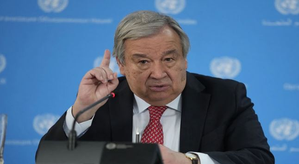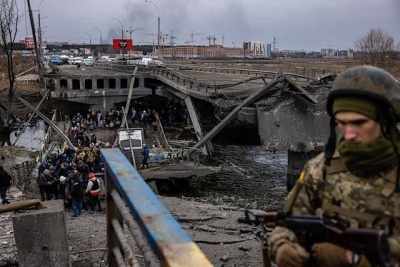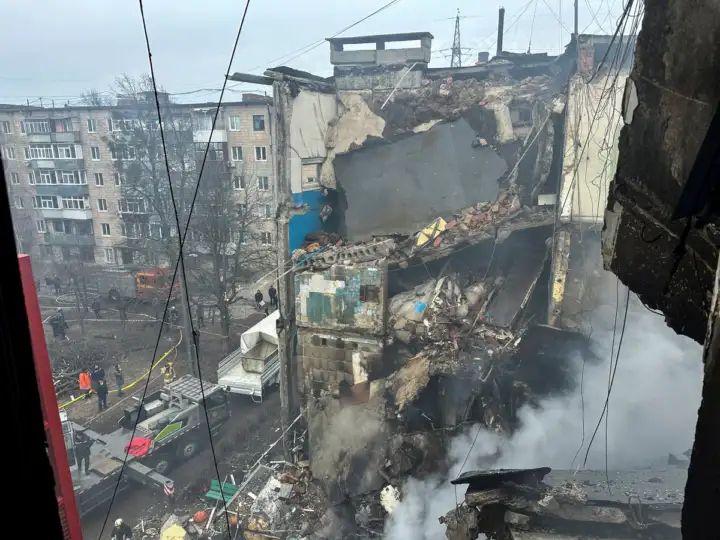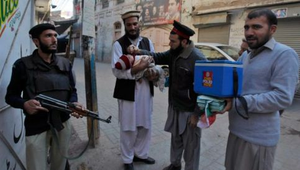‘Too little, too late’: Ex-US generals point to Biden admin’s failures for Kabul’s quick fall to Taliban
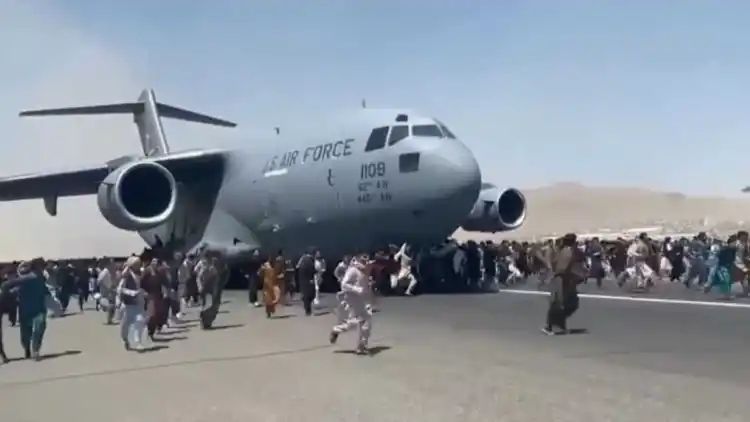
Earlier, the Biden administration had blamed its predecessor Trump administration, and their agreement with the Taliban for the disastrous exit of US forces from Afghanistan.
The rare public testimony by the retired generals Mark Milley and Kenneth ‘Frank’ McKenzie Jr put out in public domain the discord and disagreements between military leadership and the Biden administration during the final days of the US’ presence in Afghanistan.
US forces in Afghanistan were over three times short of adviced deployment
The US military had adviced maintaining a presence of at least 2,500 service members in Afghanistan to uphold stability in the wake of the Doha agreement that was signed between the Taliban and the United States.
General Milley told the US House Foreign Affairs Committee while referring to the situation in Afghanistan in the days immediate days before August 14 when the Taliban took control of Kabul: “The Afghan security forces were collapsing in the various provincial capitals and although there were some still in and around Kabul, so the general situation at that point was 750 U.S. soldiers in-and-around the embassy.”
These revelations contrast with an internal White House review, which cited constraints imposed by previous withdrawal agreements – such as the Trump-negotiated ‘Agreement for Bringing Peace to Afghanistan’ signed between the United States and the Taliban in Doha – for the tumultuous Aug 14 withdrawal of the US forces.
The review placed blame on the military, adding that top commanders had assured they had ample resources to handle the evacuation.
Thirteen US service members were killed in a suicide bombing at Kabul airport’s Abbey Gate as the Taliban seized control of Afghanistan. Taliban later said that a local Islamic State offshoot was responsible for that attack.
Thousands of Afghans and US citizens scrambled to board US military flights for evacuation amid the frenzy that took over Afghanistan as the Taliban displaced democratically-elected Ashraf Ghani government in Kabul.
Explained | Taliban have put Afghan clock back to 1990s’ autocracy: UN report
Ultimately, over 130,000 civilians were rescued before the final US military aircraft departed.
“On August 14, the non-combatant evacuation operation decision was made by the Department of State,” Milley recounted. “But the State Department’s decision came too late. The fundamental mistake was the timing of the State Department – too slow and too late.”
Milley, as the top highest-ranking military officer at the time, had advocated for maintaining a residual force to support Afghanistan’s special forces and retain control of Bagram Air Base for critical leverage against Taliban advances.
